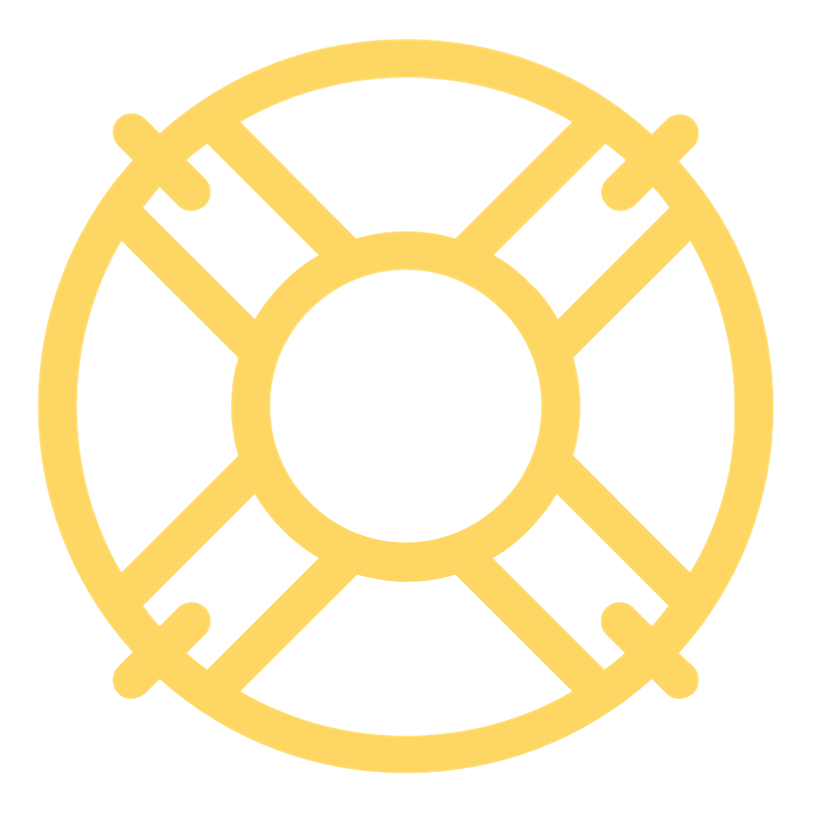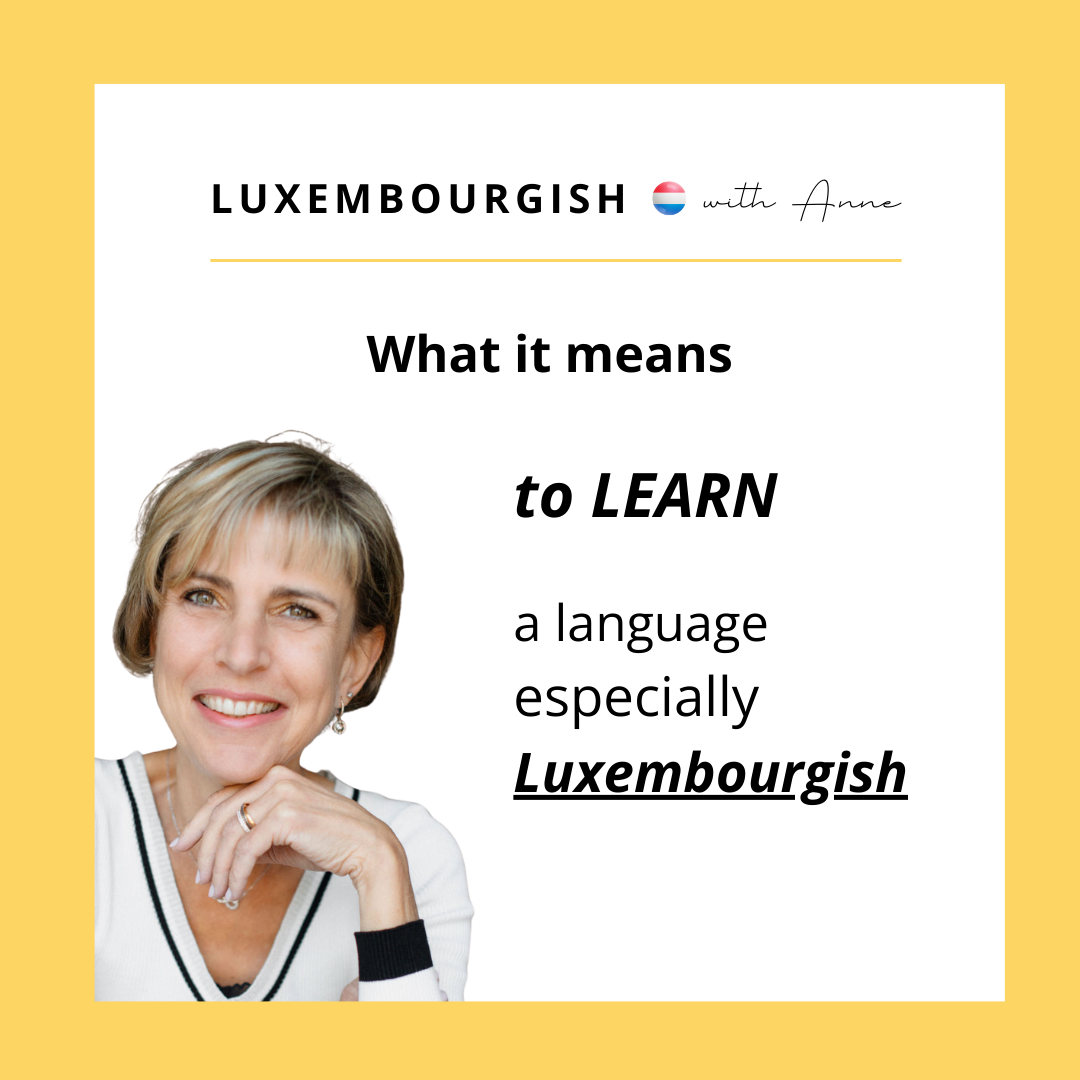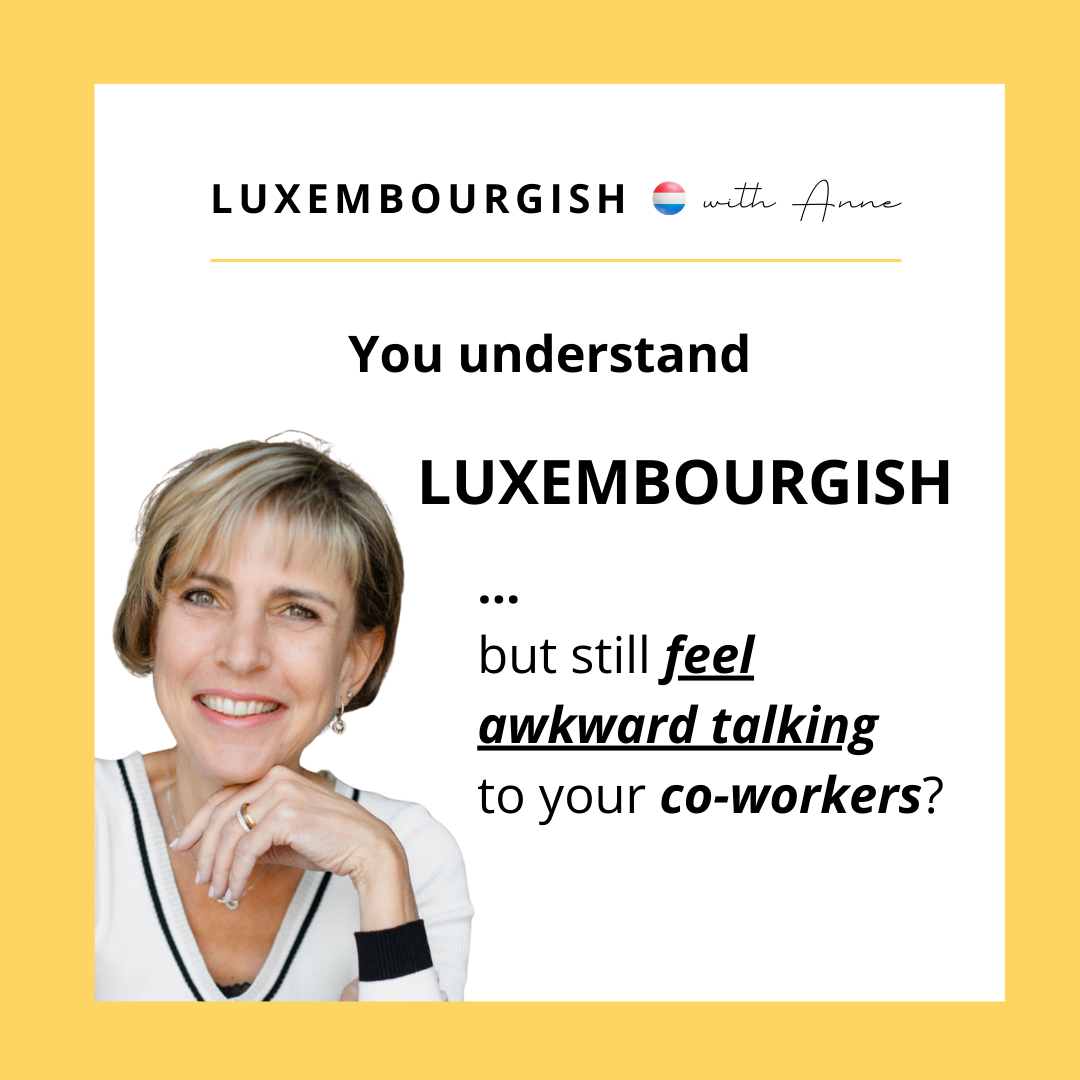In today’s lesson, we’ll build on the first lesson published in July 2025 about healthcare vocabulary. This time, the focus is on home healthcare — specifically for nurses who visit elderly patients in their homes.
In these situations, knowing a few key Luxembourgish words and phrases can make your work smoother, more personal, and help build trust.
Sometimes, just a few kind words — like “Wéi geet et Iech?” or “Ech kommen fir d’Wonn ze kontrolléieren” — are enough to help your patient feel understood and at ease.
In this lesson, you’ll learn:
- 10 must-know vocabulary items
- Simple, useful phrases you can use on your next visit
- A short and realistic dialogue to practice everyday conversations

10 Core Vocabulary You Should Know
These are words and expressions you’re likely to use every day during house visits:
- d’Wonn – the wound
- de Verband / Bandage – the bandage
- d’Kompress – the gauze pad
- eng Sprëtz ginn – to give an injection
- d’Crème / d’Sallef– the cream
- Hëllef brauchen – to need help
- en Ausschlag hunn – to have a rash
- verbannen – to bandage
- auskuréieren – to cure an illness
- anhuelen – to take medicine

Useful Phrases You Can Use Immediately
Let’s now put some of this key vocabulary context by making some sentences you can use in real-life situations.
- Ech kommen d’Wonn kontrolléieren, fir ze gesinn, ob se gutt heelt. I come to check the wound to see if it’s healing well.
- Rufft mech, wann Dir Hëllef braucht fir opzestoen. – Call me if you need help getting up.
- Hutt Dir gesinn, datt Dir en Ausschlag um Been hutt? Did you notice that you have a rash on your leg?
- Dir musst dës Pëll moies an owes anhuelen. – You have to take this pill in the morning and evening.
- Ech desinfizéieren d’Wonn mat enger Kompress. – I’ll disinfect the wound with a gauze pad.
Deeper knowledge of workplace Luxembourgish can set you apart.

Sample Dialogue - tëscht enger Infirmière an eng eeler Patientin
Infirmière: Moien, Madame Schmit. Wéi geet et Iech haut?
Patientin: Moien. Et geet, mee d’Wonn um Been deet e bëssen wéi. Se ass gëschter opgaangen, wéi ech nom Iessen opgestane sinn.
Infirmière: Dir braucht warscheinlech eng frësch Kompress. Loosst mech emol kucken.
Patientin: Ech mengen se huet sech entzünt.
Infirmière: Jo, effektiv. Ech maachen e frësche Verband an ech ginn Iech och eng Crème géint d’Entzündung.
Patientin: Merci. An ech hunn och e komeschen Ausschlag um Aarm.
Infirmière: Jo, ech gesinn. Den Aarm ass och rout. Bäisst et Iech dann?
Patientin: Jo, e bëssen.
Infirmière: Ech ginn Iech heifir och eng Sallef. Maacht se zweemol den Dag drop wärend 3 Deeg.
Patientin: An der Rei. Wéini kommt Dir nees laanscht?
Infirmière: Majo iwwermuer, e Freideg. Dann hoffen ech, datt den Ausschlag net méi esou schlëmm ass an datt Är Wonn geheelt ass.
Want to combine real-life speaking practice with your vocabulary?
Learning vocabulary is powerful. But using it — in real conversations — is what brings true fluency. That’s exactly what we do inside the Conversation Class Schwätz mat eis A2 / B1
If you’re ready to feel safe, supported, and fluent in Luxembourgish — join us for weekly sessions, speaking practice, and gaining the confidence you need to eventually dare speaking in everyday life. All the details on luxembourgishwithanne.lu




